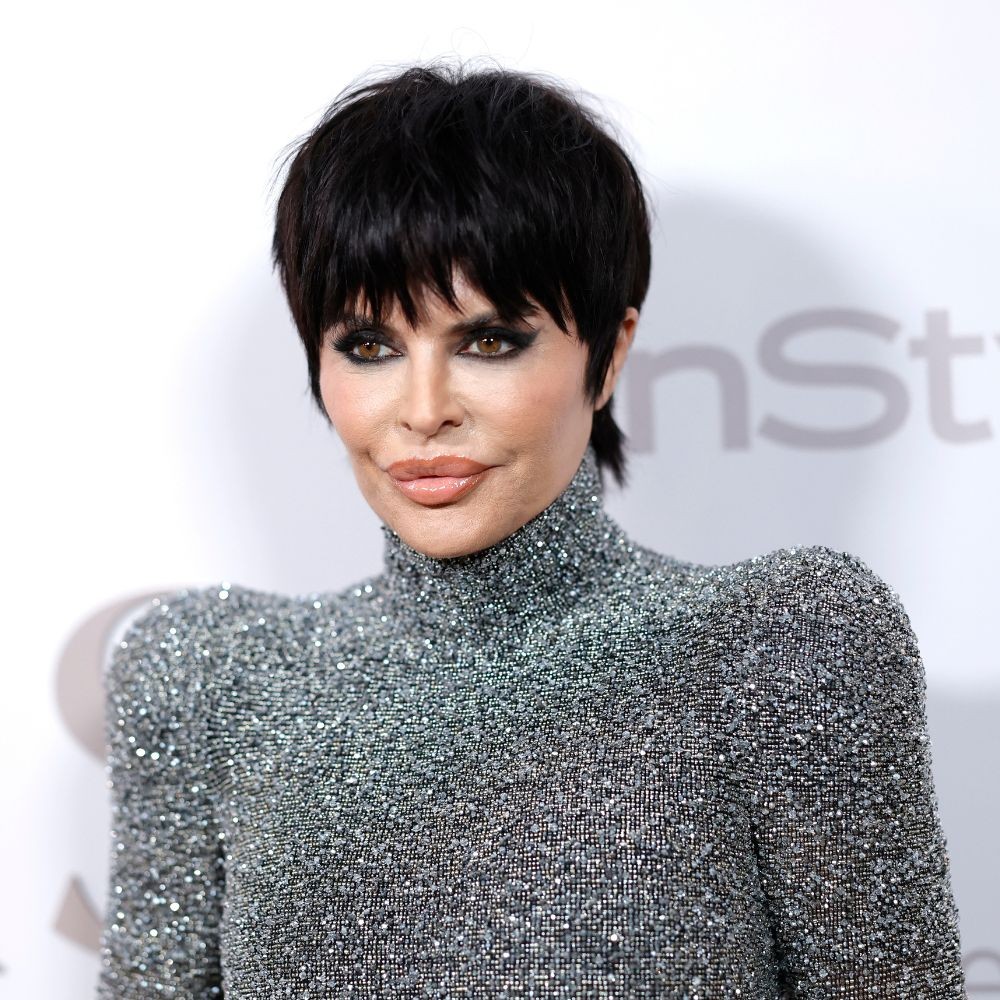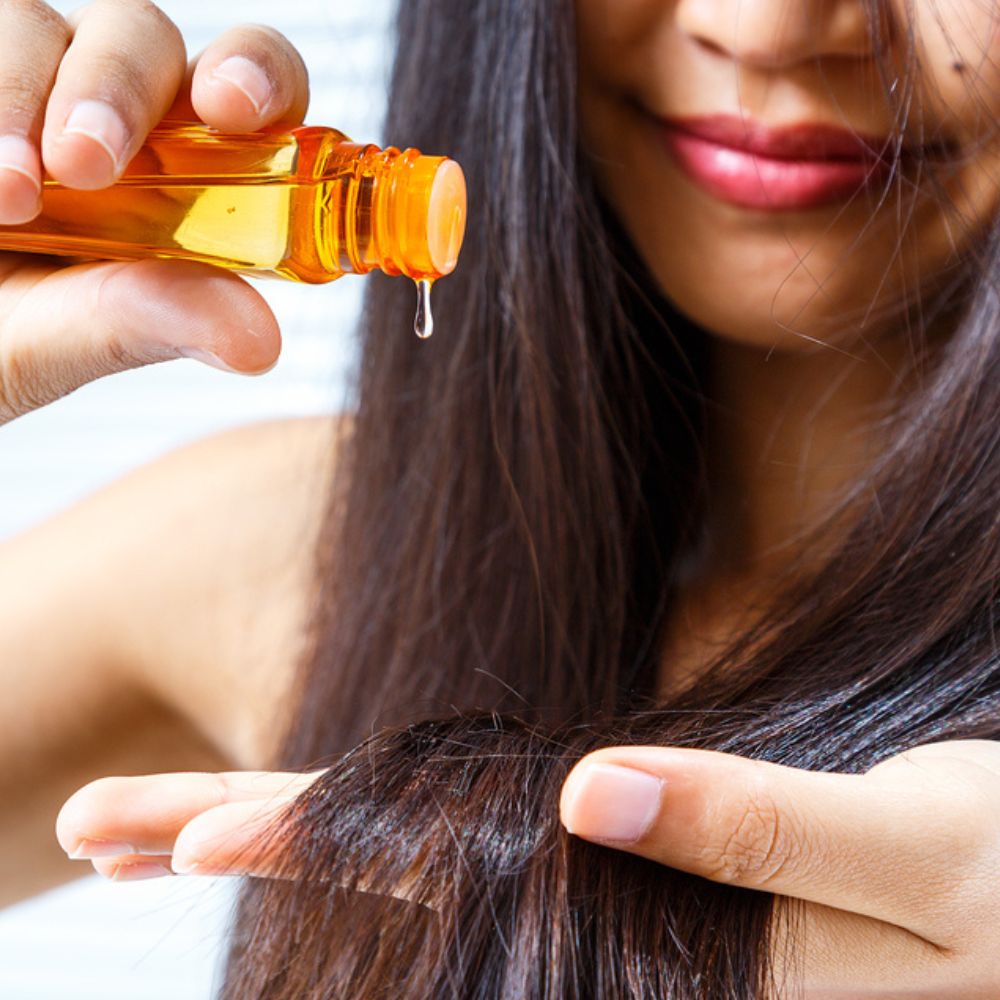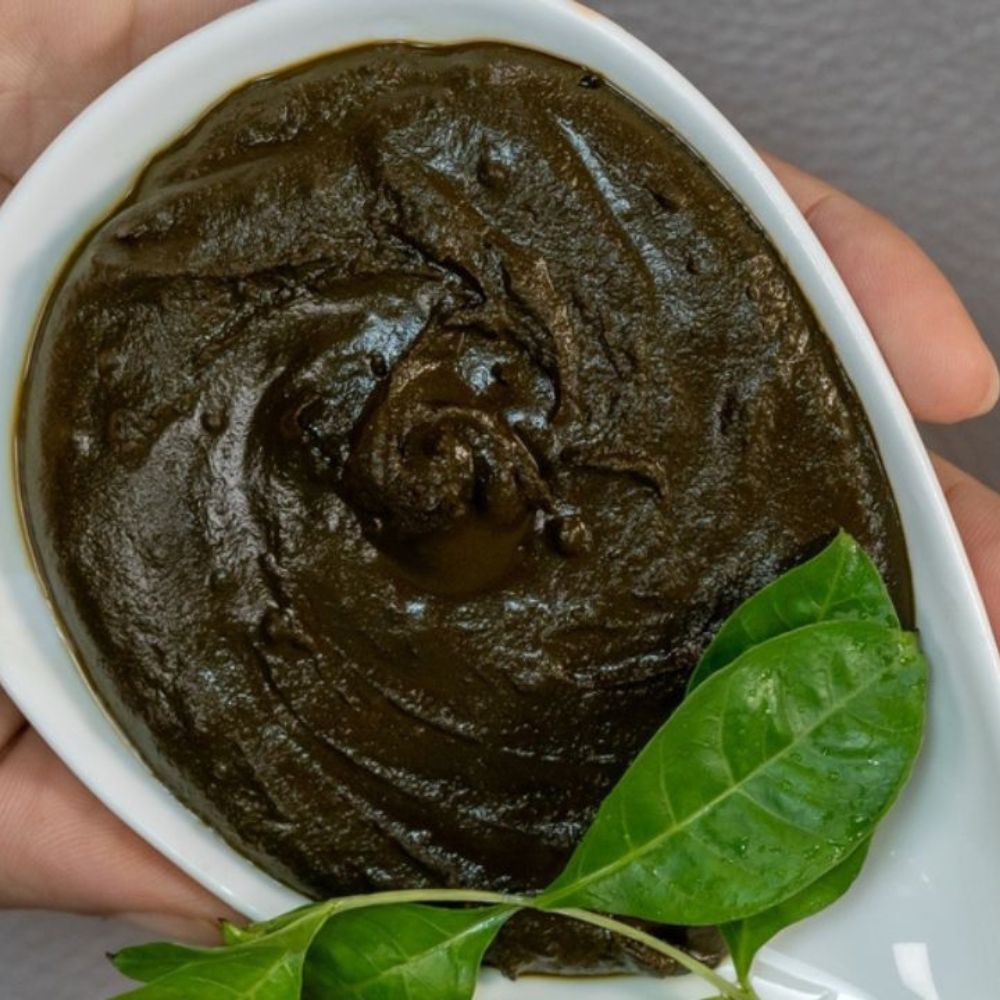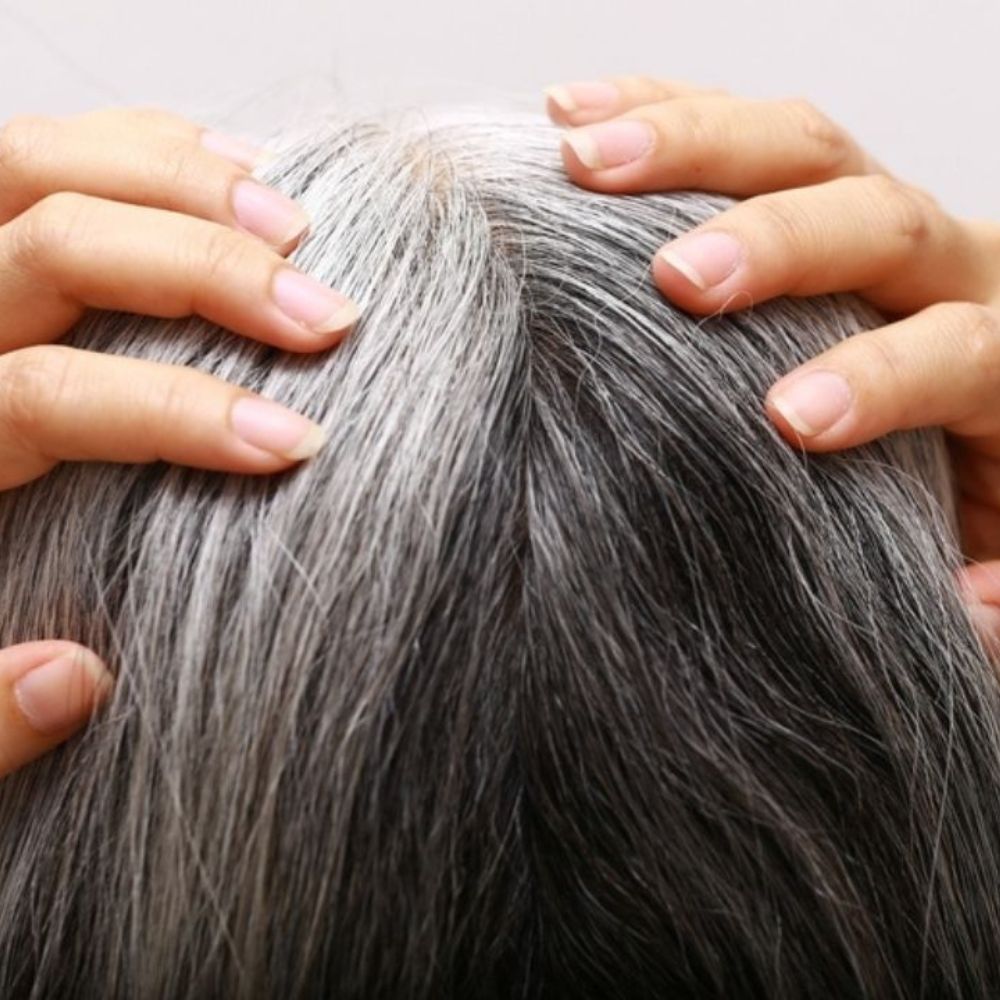How Frequently Should You Oil Your Hair? Steps And Benefits
While hair oiling has gained momentum globally, many don’t know the answer to — how frequently should you oil your hair? This article discusses the same.
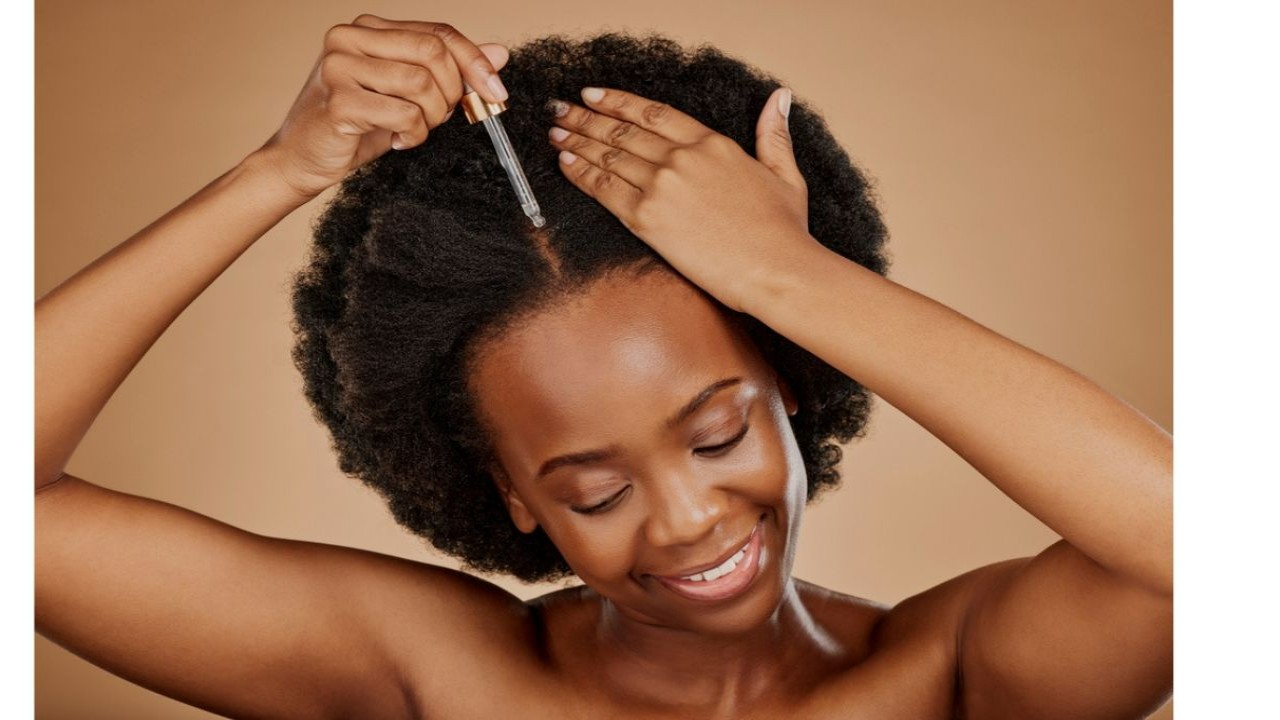
Hair oiling has been an ancient beauty and self-care practice in the Indian subcontinent, which is increasingly becoming a rage in other parts of the globe as more people are learning about its benefits. But simply oiling the hair is not enough; there is a specific method and frequency of hair oiling and practicing it recklessly won’t yield results and may cause more problems than benefits. So, the question here arises — how frequently should you oil your hair to get maximum benefits and prevent side effects? This article answers the same!
How Frequently Should You Oil Your Hair?
An ideal frequency for oiling your hair would be one to two times a week. As oils are sticky and greasy, keeping the hair and scalp oily most of the time can attract impurities, which may then penetrate the pores of your scalp. Hence, it is important that you don’t oil your hair too frequently and allow the hair and scalp to breathe.
Factors That Affect How Often You Should Oil Your Hair

The oiling frequency of your hair also depends on the washing cycles. If you wash your hair with a shampoo more frequently, say four times a week, then oiling the hair more often would be imperative. Similarly, if your washing cycle is less frequent, then the hair oiling frequency can be reduced accordingly.
Another factor that determines how often you should oil your hair is your hair type, texture, length, and thickness. Thick, coarse, long, and curly hair needs to be oiled more frequently than thin, fine, short, and straight hair.
Understanding Scalp Oiling
Many people are unaware of this, but oiling the scalp is far more important than simply oiling the hair. The process of hair oiling is less about how much product you use and more about how well you massage it onto the scalp. While the oil acts as a mere lubricant, massaging the scalp has several beauty-related as well as other benefits.
A study conducted by the Journal of Physical Therapy Science carried out a scalp massage on 34 female office workers demonstrated that the process reduces blood pressure, heart rate, and stress hormones of the subjects, thereby enhancing relaxation (1). Speaking solely about the haircare benefits of scalp massaging, another study proved that it significantly increased hair thickness (2).
Besides, people of all ages, hair types, and walks of life can greatly benefit from oiling the scalp and should inculcate it in their self-care practice.
Understanding Oiling the Hair Lengths
While the former may be important, oiling the hair lengths is quite beneficial as well and should not be neglected. Oiling the mid-lengths and tips of the hair improves their texture, shine, smoothness, manageability, and overall appearance while also protecting them from environmental aggressors (more on that below). To understand this in detail, let us discuss the haircare benefits of oiling in detail.
Benefits of Oiling the Hair And Scalp
The following entails a few of them.
1. Moisturizes the Hair And Scalp
Hair oils have emollient and occlusive properties and are beneficial when used as a natural moisturizer (3). Oiling nourishes dry scalps, invigorates the hair roots, and conditions the hair to rejuvenate them. Moreover, it boosts hydration, alleviates dryness, replenishes the skin barrier of the scalp, strengthens hair follicles, and prevents transepidermal water loss (4).
2. Improves Hair Texture
It is no news that oils — any oils, for that matter — are excellent lubricants. Hence, when we oil the hair, we lubricate the strands, imparting slickness and slip onto them. This, in turn, adds silkiness to coarse hair, softens its texture, and helps detangle pesky hair knots. Hair oils help maintain this improved texture by trapping and sealing moisture into the hair shafts and reducing frizz (3). A smooth texture boosts the overall appearance of hair.
3. May Protect Hair from Heat And Oxidative Stress
Oxidative stress is the harm caused to one’s skin, hair, scalp, etc. by the radical effect of oxygen species., which significantly impacts a person’s appearance and confidence (5). Especially in haircare, oxidative stress results in unhealthy scalp microbiomes, excessive hair fall, premature hair graying, etc., and may even cause severe hair problems such as alopecia (5), (6). Oiling the hair is an excellent remedy, as some hair oils are rich in antioxidants and protective fatty acids, which help shield the hair and scalp and keep oxidative damage at bay (7).
4. Helps Reduce Dandruff And Flakiness
The main causes of dandruff include fungal infections and excessive and untreated dryness, both of which can be resolved through the use of hair oils (8), (9). In addition, hair oiling also reduces the risk of lice.
5. Boosts Shine
Anecdotal evidence from most people who have ever oiled their hair is sufficient to prove that oils instantly impart shine to the hair after application. In fact, oils are the primary luster-boosting components in hair products such as masks, serums, and leave-in conditioners, in addition to others such as dimethicone.
6. Reduces Hair Fall
It is generally understood that massaging the scalp with oil stimulates blood circulation in it. This contributes to reducing hair fall and stimulates healthy hair growth and thickness for overall improved hair health (9).
Now that you are aware of how frequently one should oil their hair, how oiling the scalp and hair are different from each other, and what the benefits of oiling the hair are, let us further discuss what type of hair oil one should use to get the most benefits, and they should go about it.
What Types of Hair Oils Should One Use?
Hair oils consist of carrier oils and essential oils. Carrier oils are essentially plant-based lipids used to lubricate and moisturize dry hair, whereas essential oils are aromatic herbal concentrates that offer different hair care and scalp care benefits.
It is important to use the right kind of hair oil to suit your scalp condition, hair type, and specific requirements such as hair growth, dandruff control, frizzy hair, premature greying, etc. Moreover, you should always invest in natural hair oil instead of paraffin-infused synthetic products that do more harm than good.
The following are some common types of carrier oils that you can look into.
Coconut Oil

Amongst the best carrier oils for skincare and haircare purposes, coconut oil shows fantastic moisturization benefits and prevents dehydration in the scalp. Rich in lauric acid and linoleic acid, it is an excellent treatment for dandruff and potentially rejuvenates the scalp microbiome (10). Moreover, compared to other heavier oils, coconut oil can successfully penetrate the hair shaft and prevent protein loss by replenishing it from within (11).
Almond Oil
Rich in vitamins A and E, palmitic acid, and oleic acid, almond oil replenishes the hair and scalp with essential antioxidants and boosts their overall health (12). Moreover, sweet almond oil has a powerful emollient effect on the skin, which can be useful in cases of severe dryness and scalp psoriasis (13).
Argan Oil
A popular ingredient in advanced formulated hair serums and heat protectants, argan oil acts as an excellent shield for the hair against oxidative stress (13). In addition, a study proved that argan oil significantly prevented protein loss in chemically treated and colored hair (14). Argan oil is also an excellent option to use as a serum and a heat protectant.
Castor Oil
Several animal studies have proven that castor oil has impressive deep conditioning, scalp-stimulating, and hair-rejuvenating properties, which aids in increasing hair growth (15).
Some other excellent carrier oils include olive oil, grapeseed oil, and sunflower oil, which also exhibit impressive haircare and scalp care benefits.
The following are some common and among the most beneficial essential oils for hair and scalp care.
Tea Tree Oil

A key ingredient in many anti-dandruff shampoos, tea tree oil has some impressive anti-bacterial, anti-microbial, and anti-inflammatory properties, which help maintain a healthy scalp (16).
Rosemary Oil
Recent studies have discovered that rosemary oil acts as an excellent growth booster for the hair and is as effective as minoxidil, and far gentler. It has also shown profound benefits in the treatment of alopecia without much risk of side effects such as itchy scalp (17), (18).
Peppermint Oil
Another remarkable essential oil that prevents hair loss and increases hair growth is peppermint oil, which also boosts hair length and imparts a healthy density. Moreover, this oil is immensely refreshing for the scalp skin, owing to its menthol-like effect — and boosts blood flow (19).
Rosehip Oil
In addition to having a therapeutic effect on the skin, rosehip oil stimulates hair growth marvelously by speeding up the transition of hair follicles from the telogen phase to the anagen phase. It also generously nourishes the hair follicles and thereby increases the thickness of hair (20).
Steps to Oil Your Hair

Step 1: If you have medium to long hair, take 10 to 12 drops of your favorite carrier oil in a small container. Then, add 2 to 4 drops of your favorite essential oil to the same, and mix well with your fingers. You can customize the quantity depending on the length of your hair.
Step 2: Dip the fingers of both your hands into the container and distribute the oil evenly for efficient application. You can also choose to soak a small cotton ball in the oil and squeeze it on your scalp for more efficient application.
Step 3: Start massaging the oil from the sides of your scalp to the center, going back and forth to cover all areas with the product.
Read More: How to Use Rosemary Oil for Hair Growth: Benefits, DIY Remedies, And Precautions
Step 4: Massage the oil into the scalp in a circular motion for at least 5 to 7 minutes.
Step 5: Next, spread the oil into the lengths of your hair by massaging it gradually and firmly. Without taking any more, try to massage the same all the way to the mid-lengths of your hair.
Step 6: If your hair is on the longer side, take some more oil onto your fingers and apply it to the drier tips of your hair.
Step 7: If your hair isn’t very prone to hair fall, you can consider gently running your finger through your hair to ensure that it has been distributed evenly.
Step 8: Resist combing or tying your hair up just for a few minutes after to prevent hair breakage.

If time permits, you can pre-heat the carrier oil before using it to enhance scalp and hair rejuvenation. Another thing you can do is wrap your oiled hair with a hot, damp towel and leave it on before rinsing.
Ideally, half an hour to one hour is sufficient time for the hair oil to work after application. After that, wash your hair thoroughly with a gentle shampoo, ensuring that you’ve gotten rid of all that oily residue.
Why Should Hair Oiling be an Important Part of One’s Haircare Routine?
The following are a few reasons to consider.
1. Helps Counter the Impact of Environmental Exposure

Oiling is an excellent way to rejuvenate after a long, tiresome day. Your hair and scalp are exposed to environmental aggressors, free radicals, pollution, heat, humidity, dryness, etc. on a daily basis, which can cause headaches and hair problems. However, you can reverse the impact of these external factors by oiling your right using the right oils and methods. Adding on, if you use an antioxidant-rich oil-based serum before stepping out, you can protect your hair from damage as well.
2. Stimulates Blood Circulation in the Scalp
Massaging the scalp enhances blood circulation, which leads to several health benefits such as increased hair growth, relaxation, scalp rejuvenation, lower stress, etc. (1).
3. Inexpensive Hair Mask
Plant-based oils can be used in the same way as a hair mask, as they show similar benefits. Besides, oils are relatively very cost-effective and a lot less messy compared to cream-based masks.
4. Improves the Appearance of Hair Post-washing

Owing to the many hair benefits of oiling, you can rest assured that after washing oiled hair, its appearance is going to be a lot better than hair that hasn’t been pre-oiled.
Now that we’ve discussed the benefits of hair oiling, it is imperative to discuss the downsides of the same, especially if not practiced properly.
Potential Side Effects of Oiling the Hair Incorrectly:
The following are a few points to consider

1. Scalp Infection
While several dermatologists and trichologists suggest this, prospective studies suggested that while the skin of color is prone to seborrheic dermatitis, excessive hair oiling and leaving the scalp greasy can worsen the same (21), (22). Hence, sticking to an oiling cycle of one to two times a week is optimal to prevent this.
2. Acne Breakouts
A study conducted by the American Academy of Dermatology Association suggests that applied hair oil can soon find its way to the skin of the face. And, considering that most lipid-rich hair oils are comedogenic and likely to clog pores, they can cause acne eruptions on the facial skin (23).
Hence, it is important to avoid keeping the hair oily for days, or even overnight, to avoid pimples. In case you still want to reap the benefits of overnight oiling, covering the head with a silk cap is a great way to protect your face simultaneously.
3. Poor Hygiene
As discussed above, oily hair and scalps attract dirt particles and impurities easily. Hence, leaving the hair oily for days would be rather unhygienic and may lead to multiple hair and skin problems.
Conclusion
While the answer to the question — how frequently should you oil your hair — lies in multiple factors such as your hair length, thickness, scalp tendencies, weather, hair wash cycles, etc., one to two times a week is a good yardstick that works for most people. In addition to the frequency of hair oiling, one should be extremely mindful of the way they oil their hair, how much and what kind of oil they are using, and the aftercare and washing method of oiled hair to be able to reap the best haircare benefits.
After oiling your hair, ensure you only comb or tie it after allowing it to settle for some time, and go gentle in the detangling process to avoid breakage. And, considering that hair oils are in a way a rinse-off product (as you’re not supposed to keep your hair oiled for too long), ensure that you don’t use them interchangeably with leave-in hair products such as serums.





 JOIN OUR WHATSAPP CHANNEL
JOIN OUR WHATSAPP CHANNEL












































